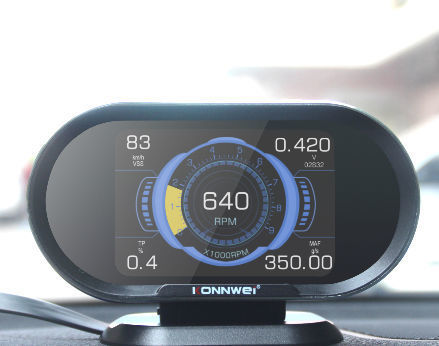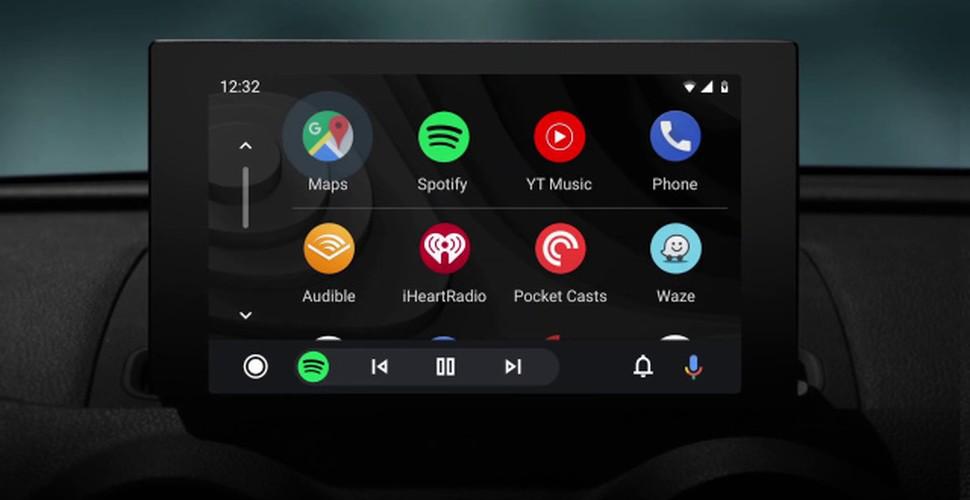

Supposedly, their device will optimize fuel and performance on an Acura Integra or a Rolls-Royce Ghost.ĭo you actually think the $45 EcoChip is cross compatible with ECUs from different manufacturers? Follows the same formula. There has to be actual R&D done prior.ĮcoChip does not provide evidence of how one $45 OBD2 device works across the gamut of cars made after 1996. These maps are then loaded onto an OBD2 devices to be installed by customers.ĮCU tuning is VEHICLE SPECIFIC and LABOR INTENSIVE done by ACTUAL TUNERS with results BACKED BY DATA.Īlthough some Cobb Tuning AccessPort tunes, like the Jetta one above, aren’t advertised as “fuel saving,” because the more powerful tunes optimize how the engine runes, making it more fuel efficient, a side effect is often slightly better MPG.Īnd, when Cobb Tuning does provide an Economy Mode ECU tune, it’s a vehicle specific map, like this one for a Subaru WRX STI, that can’t be made by an OBD2 device merely observing ECU data. That’s because Cobb Tuning takes actual cars, straps them on a dyno, and adjusts parameters like air, fuel, boost pressure and timing to make a customized ECU map for different stages. Priced at $695, it’s significantly more expensive than the EcoChip but, although they make claims of +25% or +50% power gains over stock, Cobb Tuning provides the relevant performance map notes and dyno charts to prove it.


Let’s look at this Cobb Tuning Access Port for a Volkswagen Jetta.Ĭobb Tuning’s AccessPort for the V.W. There plug-and-play AccessPort tunes cost between $500-$2000 depending on what car you’re buying it for.
Car tuning device professional#
(Notice how through and professional their site looks compared to EcoChip) Take, for example, Cobb Tuning, an automobile tuning company based out of Austin,Texas since 1999.Ĭheck out their website here. There are actual OBD2 devices that increase power and save fuel using a simple plug-and-play devices, but there is actual documented research and development and dyno charts to back up their claims. In 2006, the FTC sued makers of FuelMAX and Super FUEL MAX products $4.2 Million for claiming their products would “increase gas mileage by 27% and etc.”ĮcoChip claims the OBD2 device works by receiving information from your car’s ECU and adjusting the, “boost pressure, the quantity of fuel, injection timing, and pressure to increase the performance of your car.” The Federal Trade Commission furiously goes after people who sell bogus fuel saving products. There’s a simple reason OBD2 fuel saving device companies, as of late, don’t make definitive claims with numbers.



 0 kommentar(er)
0 kommentar(er)
